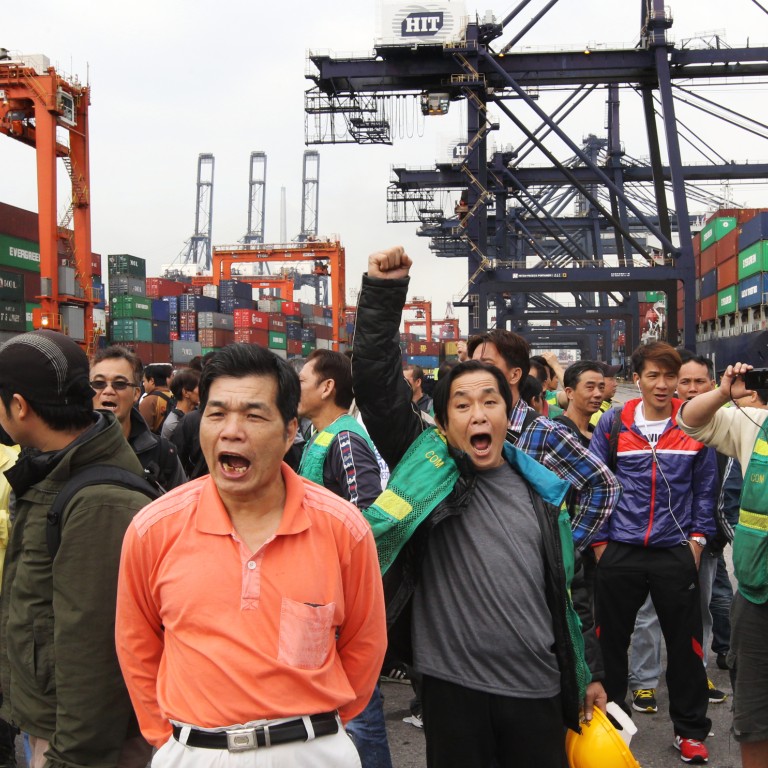
Office envy - bosses silenced at end of day
Unionists want to see Hong Kong employers copy German ministry's lead in banningwork-related calls to staff outside office hours
It is a workplace rule that will be the envy of all Hongkongers: bosses at Germany's labour ministry are now banned from contacting staff outside office hours.
Unionists say Hong Kong, with its notoriously long working hours, needs a similar rule. But an employers' group representative insisted the city had nothing to learn from Western countries as it was well ahead of them in terms of competitiveness.
The new rule came into effect in August and covers the 1,100 staff at Germany's Federal Ministry of Labour and Social Affairs.
Former labour and social affairs minister, Ursula von der Leyen, has said she hoped this would send a clear message to all employers about their workers' after-hours availability.
Von der Leyen has just been named the country's first female defence minister.
Under the ministry rule, managers can e-mail or call their staff outside office hours only in "exceptional cases".
Dr Roland Vogt, the director of the University of Hong Kong's European studies programme, and a German, said: "We also have other laws. For example, everyone needs to have access to natural light. If you work at a place with no windows, you get depressed."
Under federal law, shops in Germany, for example, can open from 6am to 8pm from Monday to Saturday, and cannot open on Sundays and public holidays. In 2006, Germany's 16 states were given the power to regulate their own shop opening hours. All of the states took up this option except for Bavaria, where the federal law remains in effect.
Vogt said numerous studies had shown that workers were more productive if there was a clear line between their personal lives and work. "Hong Kong is not a friendly place for people to have a family," he added.
Labour Party chairman and lawmaker Lee Cheuk-yan said the ministry's ban showed that the German government was more people-oriented than business-oriented. "In Hong Kong, the first thing we talk about when we discuss labour protection is how not to harm the commercial sector," Lee said.
"Governments in foreign countries do not just look at how the gross domestic product will be affected. The most important thing for them is how to ensure workers have a healthy work-life balance."
Lee and Federation of Trade Unions lawmaker Tang Ka-bill supported the idea of local businesses introducing the policy and said it should be discussed by lawmakers.
But Federation of Hong Kong Industries chairman Stanley Lau Chin-ho said the ban would not work in the city. "If an employee suddenly comes across a problem at work, they would actually want to talk to their bosses to find out what they should do," he said.
Lau said he saw no need for Hong Kong to take the same approach as Western countries when it came to the workplace, saying the city would suffer if it did so. He cited Spain's high unemployment rate, which was 26 per cent in the second quarter of this year.
"If we want a higher unemployment rate, let's have these policies in Hong Kong. I just don't think we need always adopt the Western model," he said.
Lau added that he rarely contacts his employees after work.

